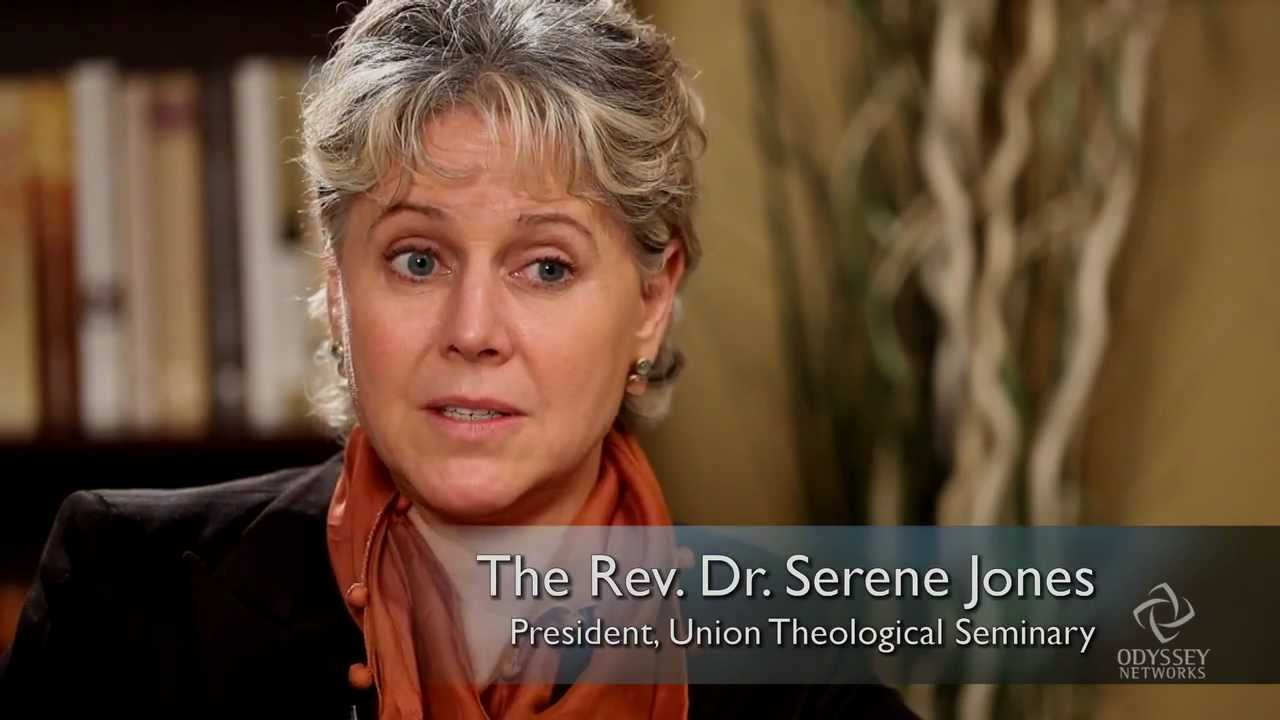 Day three of the 2015 ANZATS Conference was shorter than the previous days as the Conference wound down. Scott Stephens worked to bring his lectures to a conclusion. I still found it difficult to nail a clear or integrating argument in his lectures overall, but nonetheless they contained many thought-worthy asides, quotes and ideas. The take-home from the final lecture included some very powerful thoughts such as:
Day three of the 2015 ANZATS Conference was shorter than the previous days as the Conference wound down. Scott Stephens worked to bring his lectures to a conclusion. I still found it difficult to nail a clear or integrating argument in his lectures overall, but nonetheless they contained many thought-worthy asides, quotes and ideas. The take-home from the final lecture included some very powerful thoughts such as:
- “The great foe that is killing us is not doubt, but cynicism.” Scott discussed this with respect to present cultural mores. The culture, he suggests, has progressed well beyond doubt, that uncertainty which is unsure whether it should or even could believe.
- How might such cynicism be addressed? Here Scott’s answer was breathtaking: sanctity. By becoming communities where the existence of saints and saintliness becomes possible, lives that have the scent of the holy in rich relational and compassionate ways. We need saints, says Scott, whose lives are in some way translucent to the glory of divine love, whose behaviour points to something greater, and highlights the weakness and vacuity of other life visions and life styles.
- In a long discussion of the predominance and dominance of the “image” in our culture, and especially in social media, Scott argued that online engagement in social issues often lacks moral reality. Voyuerism, digital outrage, and self-congratulation are not moral engagement. What is required is personal presence, embodied and relational engagement with others as persons.
To get a taste of the kind of material Scott was presenting at the Conference, read this article which is an earlier and brief version of his first lecture.
I gave my second paper of the Conference, this time on Bruce McCormack’s christology. In the paper I trace five critical moves made by Bruce in his christological reflections. It seems to me that Bruce’s attempt to argue that the humanity of Jesus is the subject or performative agent of Jesus’ earthly life raises serious theological questions. When I have fine-tuned the paper some more I will host it on academia.edu for anyone interested.
The final two sessions I attended were led by two presenters who shared teaching strategies for improving student learning in theological education. Both sessions were very interesting for me with respect to my role, and I am looking forward to implementing some of the ideas presented in my classes starting next semester. At next year’s Conference there will be a stream specifically dedicated to theological education. I look forward to that as well.
So I really enjoyed this year’s Conference and found it a valuable time of input, reflection and friendship. The sessions I attended proved interesting and stimulating, and I don’t think there was any poor behaviour in any of them! I say this because Monica, my wife, attended several sessions in which academic posturing, and poor or simply rude behaviour by one or two participants was on display. What a shame!
Next year’s Conference is scheduled for July 3-6 2016, is hosted by the University of Divinity in Melbourne, addressing the theme of Atonement. The invited speaker for the keynote sessions is Serene Jones from Union Theological Seminary in New York.